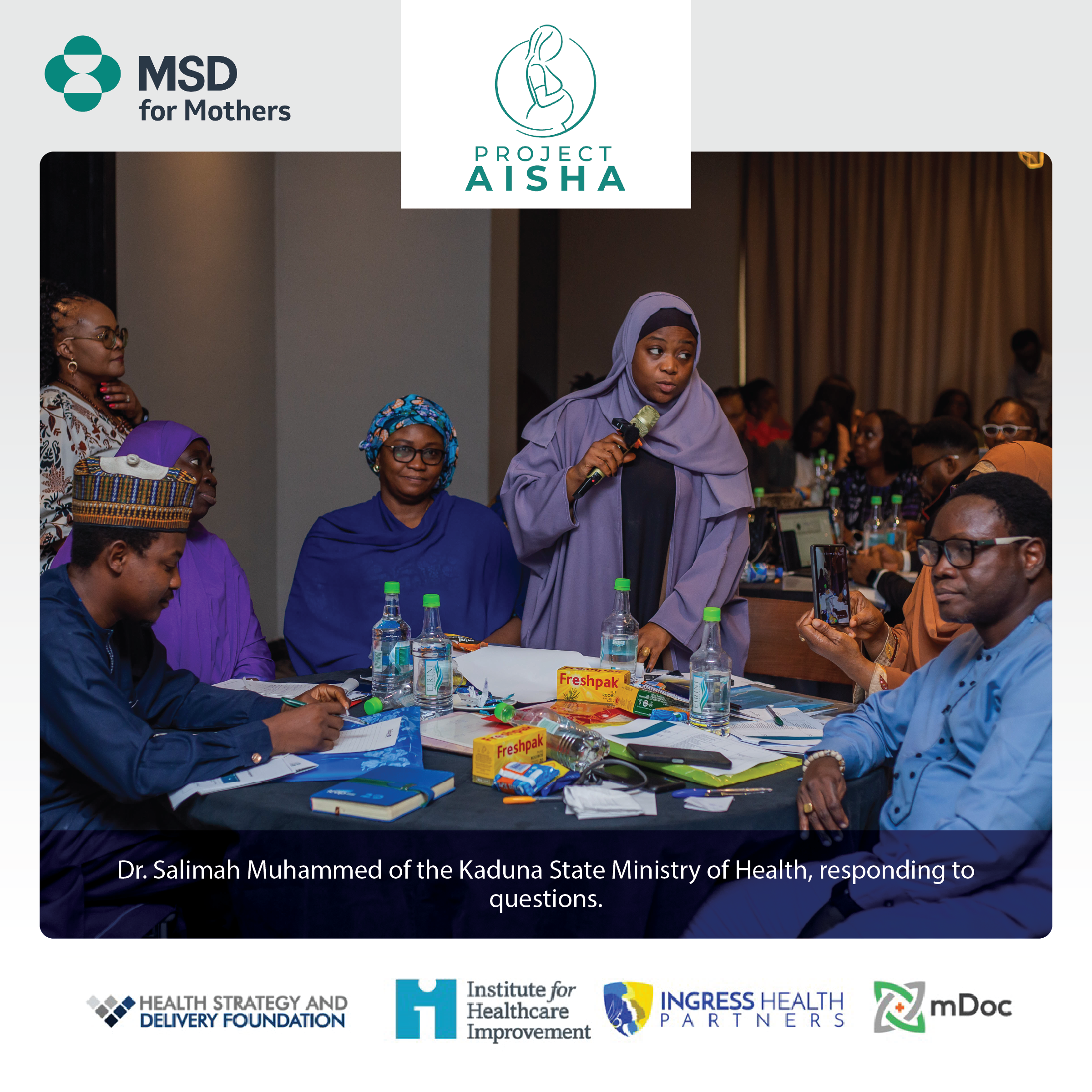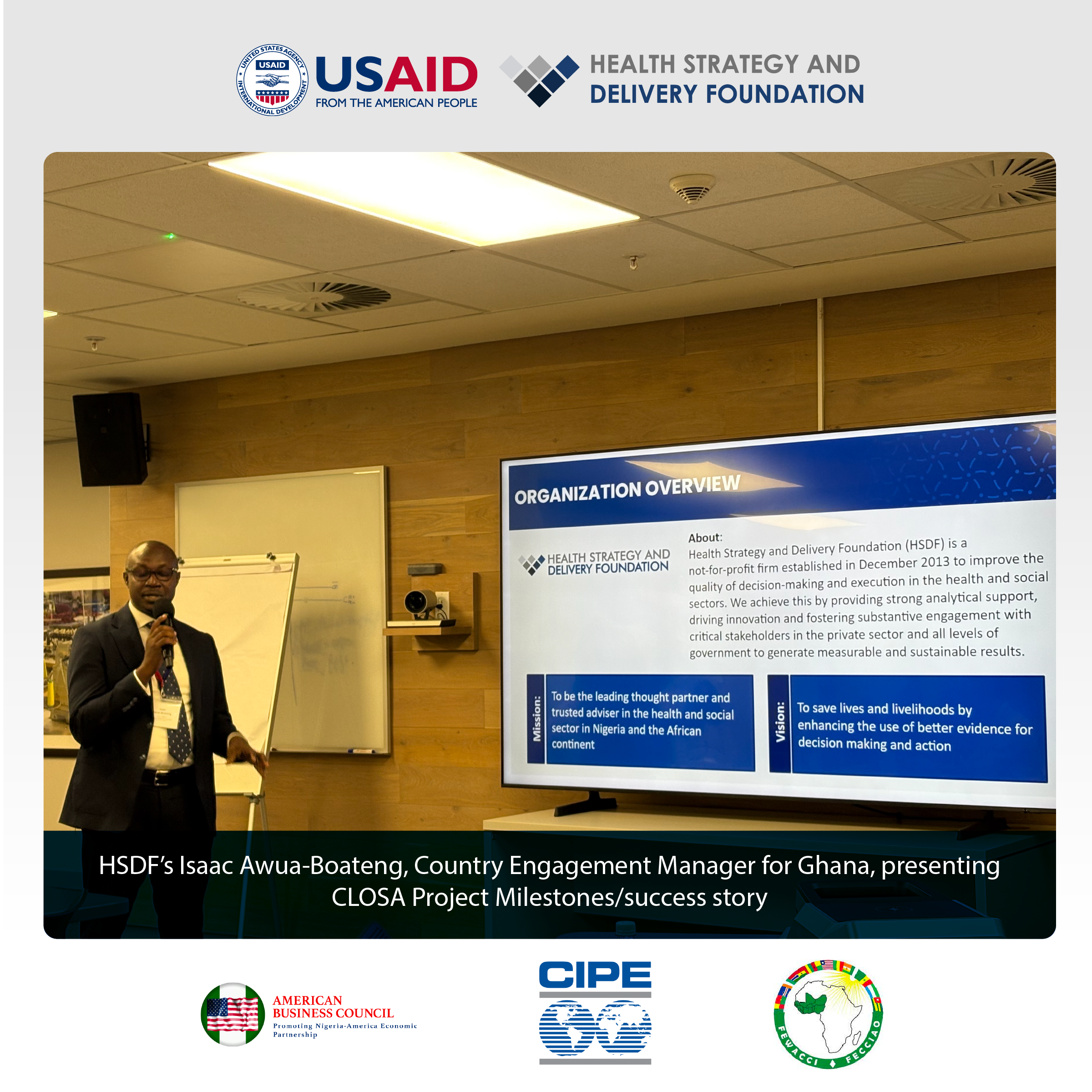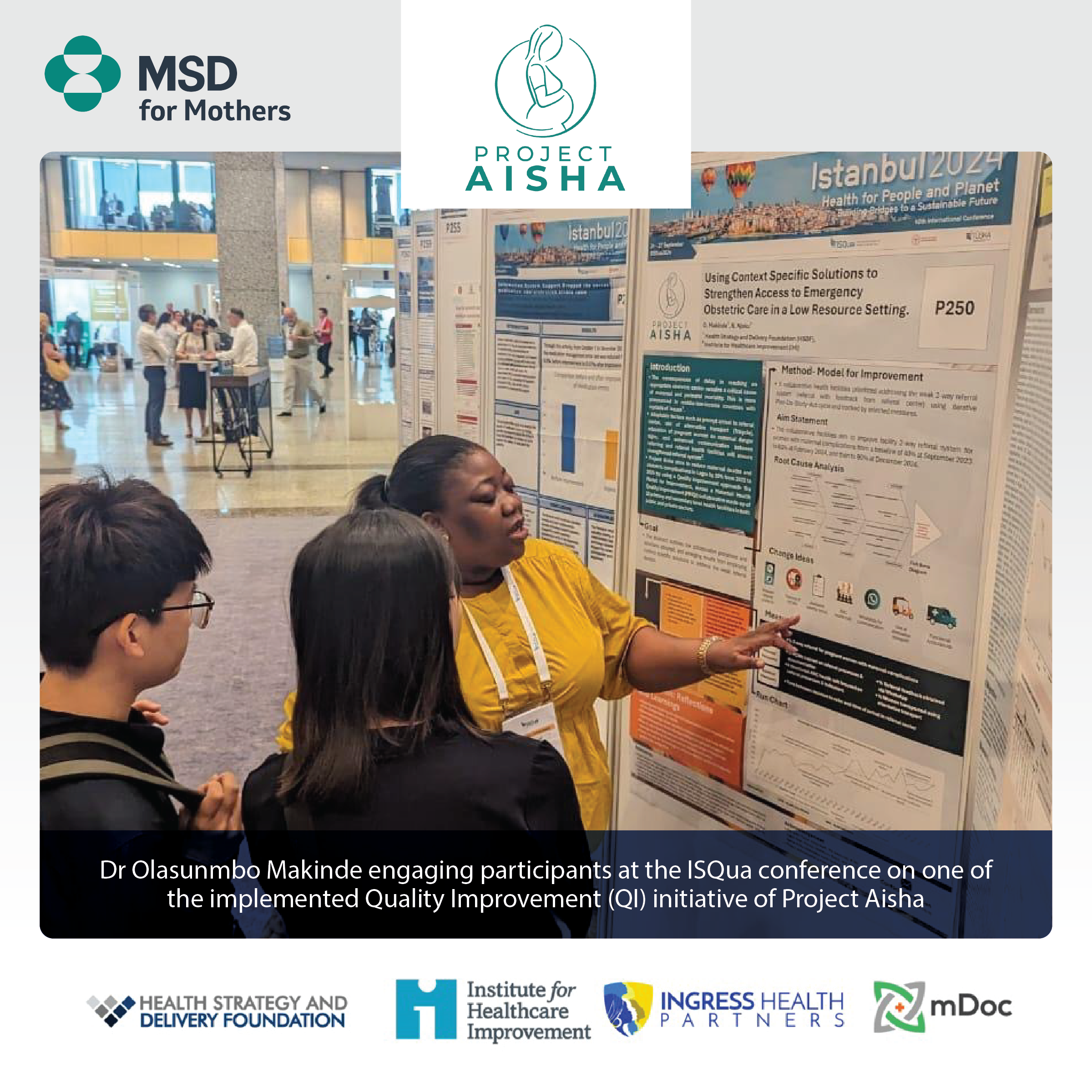HSDF Provides Technical Support for the Nigeria State Health Investment Project (NSHIP) Mid Term Review
A six-day event was organized from the 27th November
to – 4th December 2017 by the National Primary Healthcare Development Agency (NPHCDA) for the mid-term review of the Nigeria State Health Investment Project (NSHIP). The event was a joint effort of the Federal Ministry of Health (FMOH), NPHCDA, World Bank, and HSDF and included field visits to the 3 NSHIP implementation States (Adamawa, Ondo, and Nasarawa States). Participants in the review activities included the Honourable Minister of Health; the Executive Director, NPHCDA; Honourable Commissioners of Health; and other development partners.
NSHIP is a World Bank-assisted project implemented by the National Primary Health Care Development Agency (NPHCDA). The NSHIP framework provides results-based incentives especially at service delivery points to increase the delivery, use, and quality of high-impact maternal and child health interventions. Since its commencement in November 2011 in 3 pilot LGA across the participating states, the NSHIP project is now being implemented across 1392 facilities in all local governments of the States. With the approval of additional financing by the World Bank, the project proposes to scale up to five states in the North East (NE) of Nigeria (Bauchi, Borno, Gombe, Taraba, and Yobe).
Project midterm implementation data indicates some improvement in key output indicators such as a number of fully immunized children, skilled birth attendance, an increase in the quality improvement scores of facilities, and an improvement in community engagement and ownership. Consequently, a midterm review was essential to validate and present systematic evidence on the successes, challenges, opportunities, and lessons learned over the three years of implementation. Results of the review will facilitate the development of new implementation, sustainability, and scale-up strategies and corrective actions going forward.
HSDF developed a framework for the review process which articulates issues on design, processes, tools, execution, roles of all stakeholders, and impact of results on the health system including policy and sustainability. It also developed a four domain (financial, institutional, programmatic, and political) sustainability roadmap to be adopted by States to ensure that gains so far are sustained.
Recent News
Grants and Business Development Specialist
We are seeking a highly motivated and experienced Grants and Business Development Specialist to join our organization. The successful candidate will be responsible for identifying funding opportunities, developing grant proposals, and fostering partnerships with potential donors and stakeholders (regional and global). This role plays a vital part in securing funds and resources to support our organization’s mission and projects.
Apply NowPublic Health Consultant, Guinea
The consultant (working with the Accelerator team) will collect results from the tool, organize a meeting with stakeholders to discuss results from the tool, and produce a report on key findings and recommendations from the tool to be shared publicly.
Apply NowPublic Health Associate, Senegal
We are currently in search of an experienced Public Health professional in Senegal to work on the anticipated Nutrition Capacity Development and Financing Platform and provide technical assistance to elevate nutrition financing and strengthen local capacity to support these efforts. The Associate must be bilingual (English and French).
Apply Now


